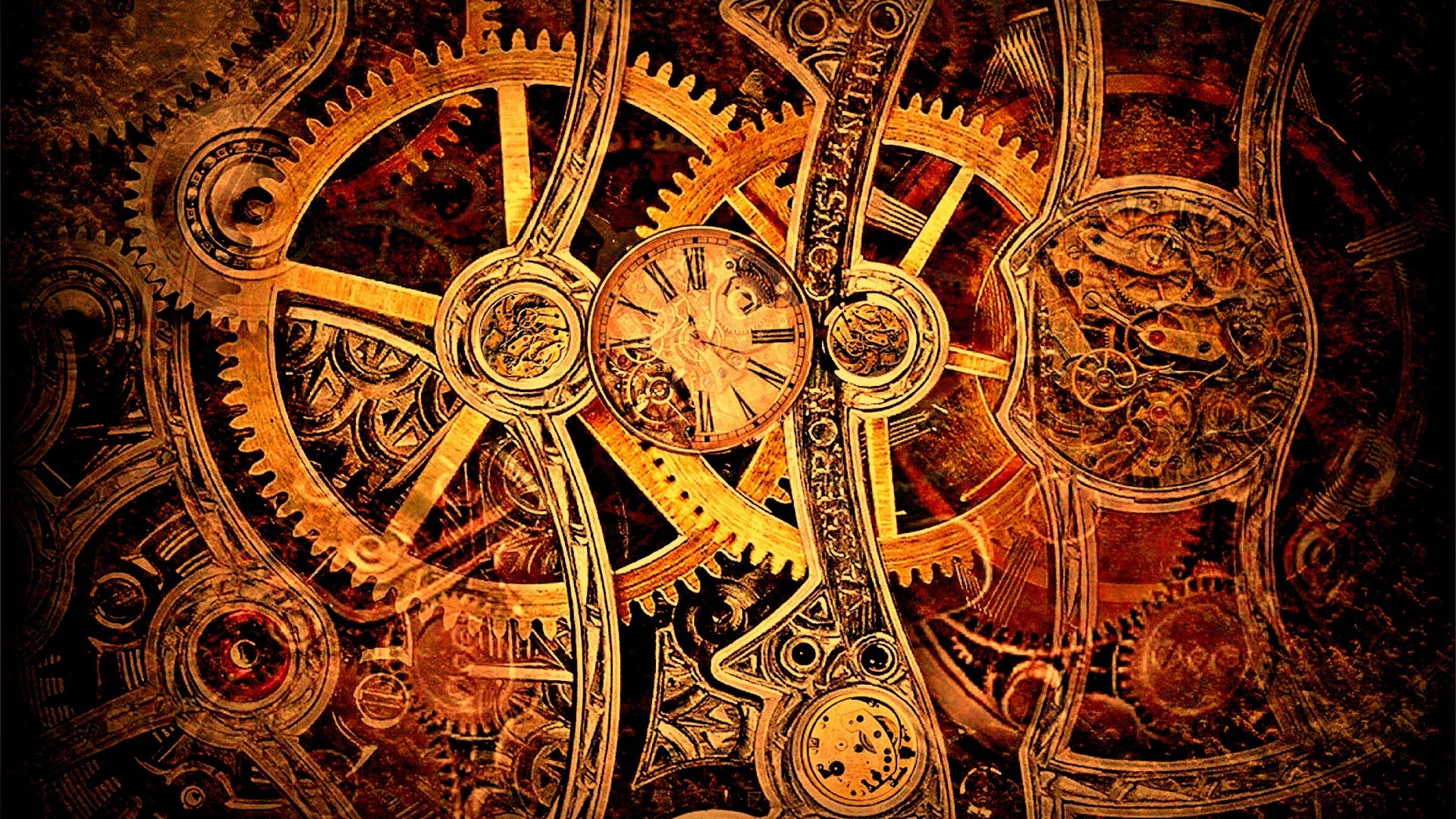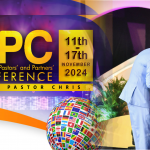
Welcome to another week of the Transformational Leadership Series (TLS). This week, let’s summarily consider two broad leadership theories.
The literature on leadership has seen a migration from more authoritative/autocratic theories and models to more democratic models as the centuries has passed.
“Leadership has been studied and written about for more than 2000 years (perhaps longer), and much of its history is hierarchical in nature and emphasizes social control. In the last twenty years, however, nonhierarchical and increasingly democratic forms of leadership have been conceptualized.”
“Instead, models of servant leaders and collective leadership have replaced the command-and-control leader reflective of much of the writings on leadership in the 1970s and 1980s.”
“[F]or many years it was assumed that the vision of the institution must be developed by the president. That view has been replaced by a belief that a shared vision developed by constituents is a more effective form of leadership.”
The above is taken from the book, “Rethinking the “L” Word in Higher Education: The Revolution of Research on Leadership” by Contreras-McGavin, Melissa, Carducci, Rozana, Kezar.
AUTOCRATIC VERSUS DEMOCRATIC
Which is better? Current scholarship seems to suggest democratic collective leadership models are better than the autocratic, more authoritarian theories where power is concentrated in the hands of a leader. This is a foregone conclusion for most leadership scholarship. Today’s exercise will not be an attempt to critique either theory but proffer a different lens for investigation, another view, if you will.
First and foremost, to understand why this change is transpiring in the academic scholarship on leadership, we must first understand that the change is a direct consequence of the world’s decision at the behest of the hegemon to do away with kingdoms—replacing them with democracies.
When kingdoms were prevalent, the type of leadership theories and styles within such a system of governance were prevalent in the literature of the day. When democracies ascended, leadership styles akin to such a system of governance started to replace the more authoritarian styles.
The position is held by many that democracy is a far better form of governance than kingdoms. It curbs excesses of kings and safeguards the rights of the people. Is this true?
KINGDOMS, DEMOCRACIES OR THE HEART?
In KING-doms, the sovereignty resides in the KING. In Democracies (DEMOS-Kratia), the power (kratia) resides in the demos or people—hence (demo)graphy.
What is the key to transformational leadership? Is it a system/style of leadership/governance such as kingdoms and democracies (authoritarian styles or democratic, collective styles) or is the real issue the heart of man?
Are kingdoms worse than democracies? Do democracies lead to better human development and transformation? Let us examine the following:
As per The Guardian’s “Story of cities #5: Benin City, the mighty medieval capital now lost without trace”, there was once a wealthy and industrious, well-governed and richly decorated medieval city governed in Africa called Benin. “The early foreign explorers’ descriptions of Benin City portrayed it as a place free of crime and hunger, with large streets and houses kept clean; a city filled with courteous, honest people, and run by a centralised and highly sophisticated bureaucracy.” In addition, the Guinness Book of Records (1974 edition) described the walls of Benin City and its surrounding kingdom as the world’s largest earthworks carried out prior to the mechanical era. According to estimates by the New Scientist’s Fred Pearce, Benin City’s walls were at one point “four times longer than the Great Wall of China, and consumed a hundred times more material than the Great Pyramid of Cheops”. The city had storey buildings, sewage systems, and the finest bronze woks equivalent to any techniques employed in Europe at the time writes Professor Felix von Luschan, formerly of the Berlin Ethnological Museum.
This is just one example. There are examples of kingdoms with zero crime rate and zero hunger in history but no such examples for democracies. Thus, an argument that Kingdoms are inherently flawed as compared to democracies is a misnomer. If Kingdoms were so problematic, we would have a democracy of God and not a kingdom of God. Democracies and Kingdoms are all subject to the following truth:
Proverbs 29:2 New Living Translation
When the godly are in authority, the people rejoice. But when the wicked are in power, they groan.
The issue is not which is a better governance system or leadership style. It is the calibre of people who rule or make decisions. The condition of their hearts, their value systems and mindsets ultimately affect whether there will be transformational development or not for the followers.
Democracies have the promise or curbing the excesses of human abuse of power but world events even in the bastion of democracy show that mere rules (The Law) cannot curb fallen human behaviour effectively. The Law was given to show man his weakness—his inability to go it on his own. This is why God introduced Grace and Truth written on renewed hearts of flesh—not stone. Hearts directed by His Spirit are transformational hearts. It is those that are led by His Spirit that are the mature sons of God—ready to inherit their Father’s estate.
Different situations may call for different leadership styles. In emergency situations, governments do not have to engage in a consultative process with the public before acting such as during the 9/11 attack. In many cases marshal law kicks in. If this form of leadership in inherently not good for civilization, why run to it by default in emergency situations? In other situations, a townhall type method may be employed to arrive at a decision. In either scenario, the heart of the leader(s) is paramount. The heart is key.
Transformational leadership begins with the heart of man. Out of the heart flows all the springs of life—including Leadership. What is the condition of your heart today? Is it fit to lead? If the fate of the world was thrust into your hands, how would the world fare?







